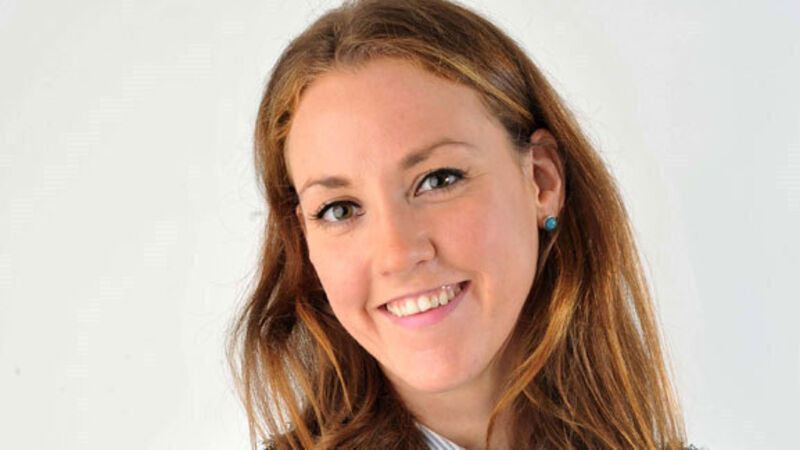When I was 21 I would rather have died than get fat

I am with my friends Caroline and Roisin and we are standing at the magazine rack, flicking through copies of Heat and Now that we have no intention of buying.
Roisin points at a photo of a celebrity and says that she wants to get her hair cut in a similar style.















